The long awaited 10-year health plan for England emphasises the use of digital technologies and the aspiration to “make the NHS the most AI-enabled health system in the world”. This requires expertise in artificial intelligence and data science, but interdisciplinary collaboration is also essential if we are to make this a reality.
The Maternal and Infant Health Equity Research Centre (MIHERC) aims to do this by bringing together experts in maternal health, behavioural science, AI and digital health to help drive innovative solutions through co-production and real partnership, ensuring better outcomes for all women and babies. MIHERC is led by Professor Hora Soltani at Sheffield Hallam University (SHU) in collaboration with key partners including Bournemouth University (BU), the City of Doncaster Council and South Yorkshire Digital Health Hub.
Alongside Professor Vanora Hundley, who has been appointed as a Capacity Training and Development Lead, Professor Huseyin Dogan and Prof Alessandro Di Nuovo from MIHERC will be co-leading the cross-cutting workstream titled “digital, data, monitoring, evaluation and implementation science” as part of the NIHR Maternity Disparities consortium. This workstreams aims
– to identify and test trusted, reliable AI technologies for deployment by the NHS to help reduce disparities;
– to develop and refine equity monitoring, real-world evaluation and implementation science methods for use in maternity disparities research, with a focus on enhancing their robustness and practical application;
– to embed advanced analytic and digital tools and implementation frameworks into maternity disparities research to improve the rigor and impact of studies on equity; and
– to build a community of practice within and external to consortium to develop analytical, methodological, and implementation science capacity.
The BU key academics are: Huseyin Dogan, Vanora Hundley, Edwin van Teijlingen, and Deniz Çetinkaya. Please do get in touch with the MIHERC team for further information.

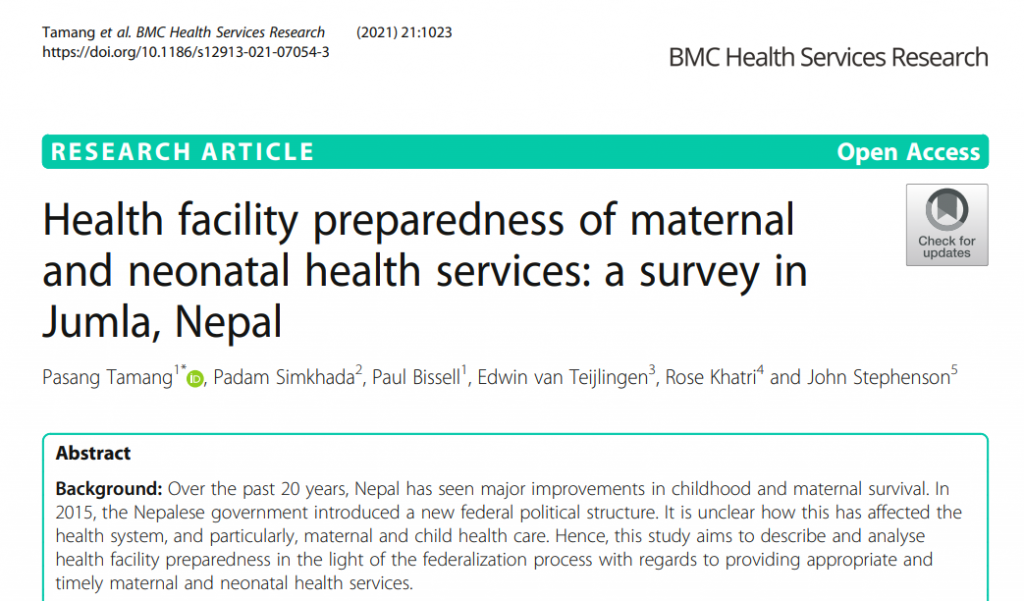



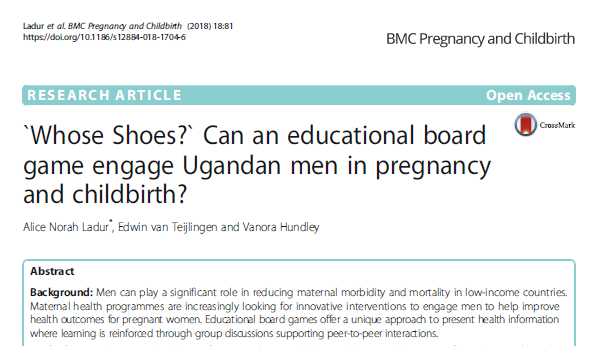



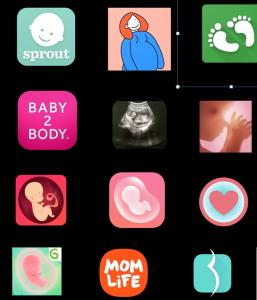

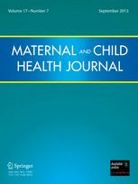

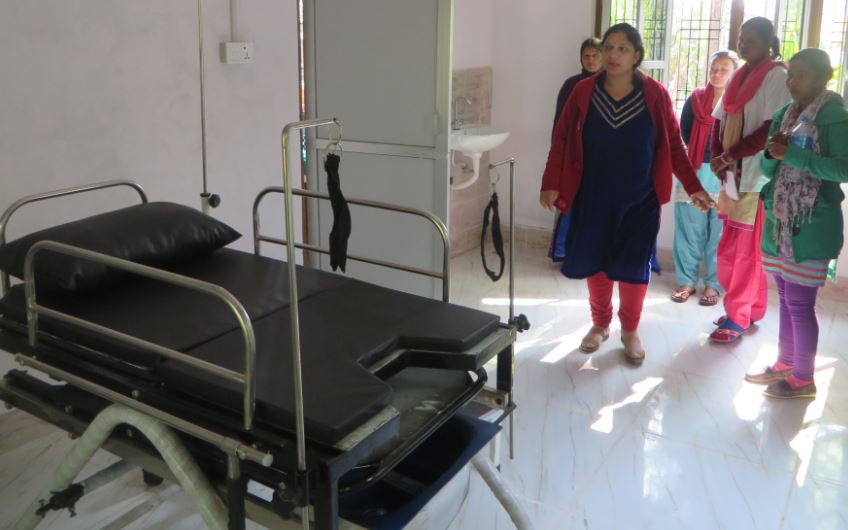

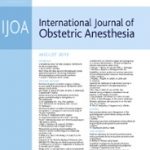


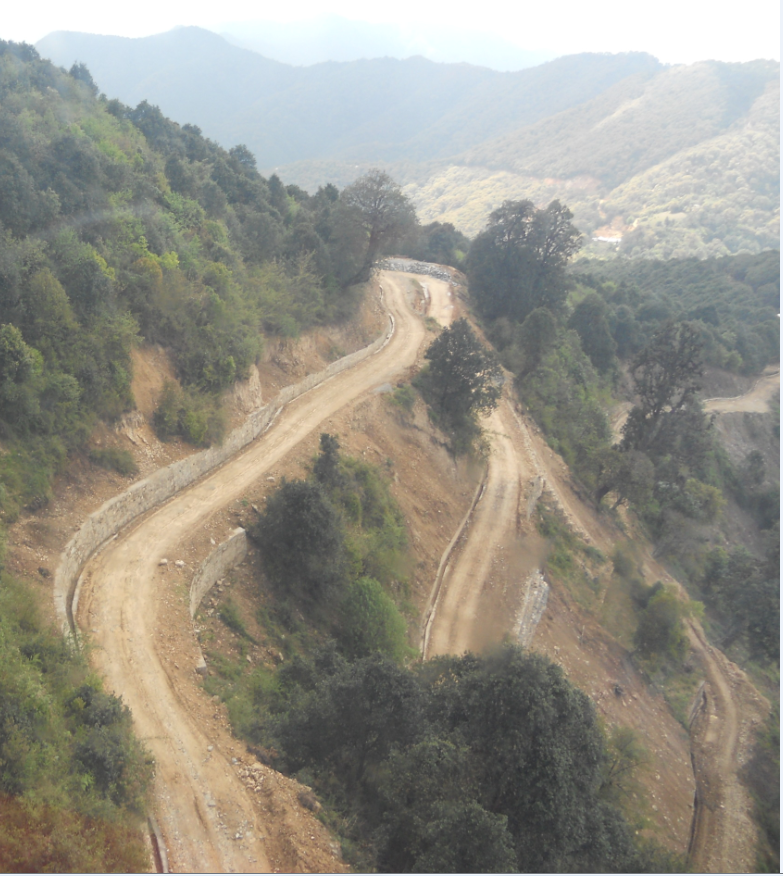
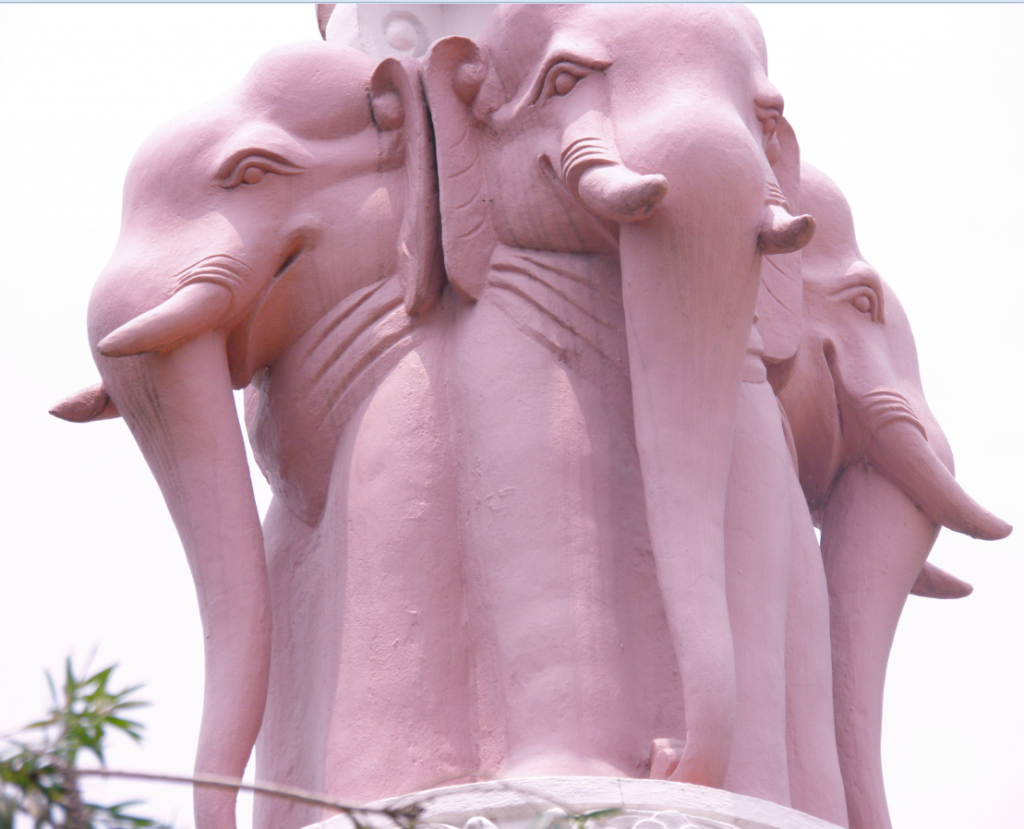
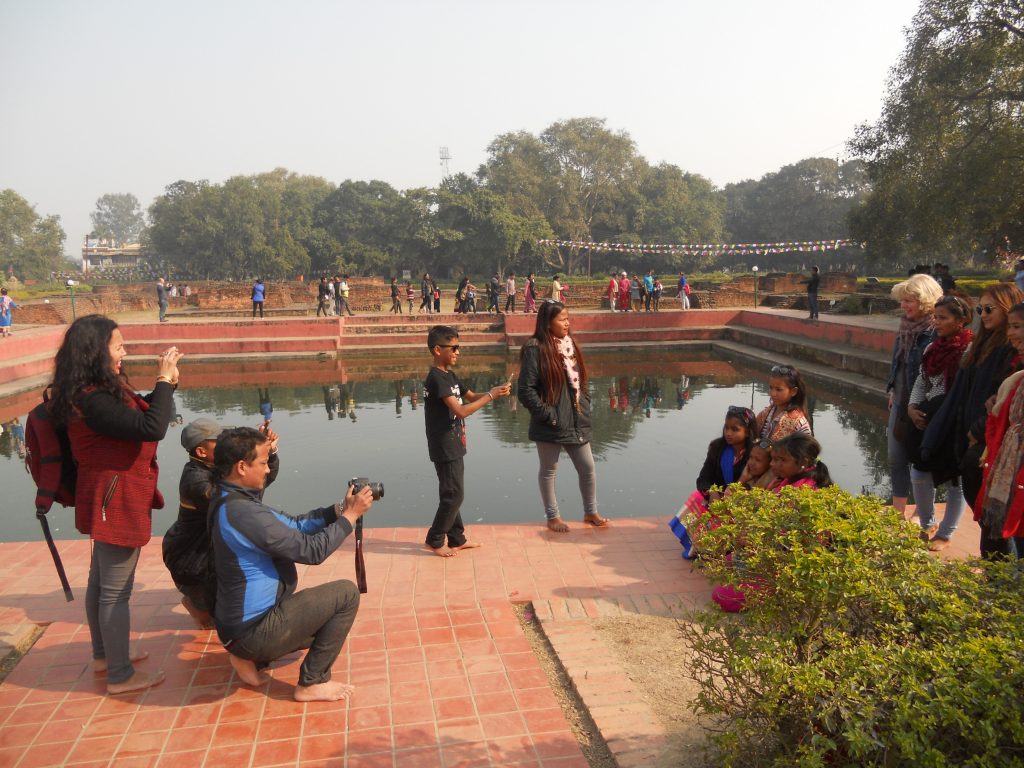


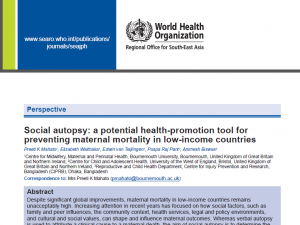
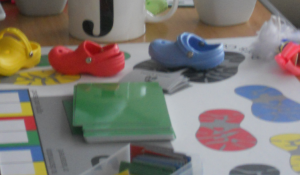
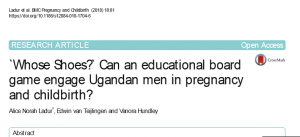

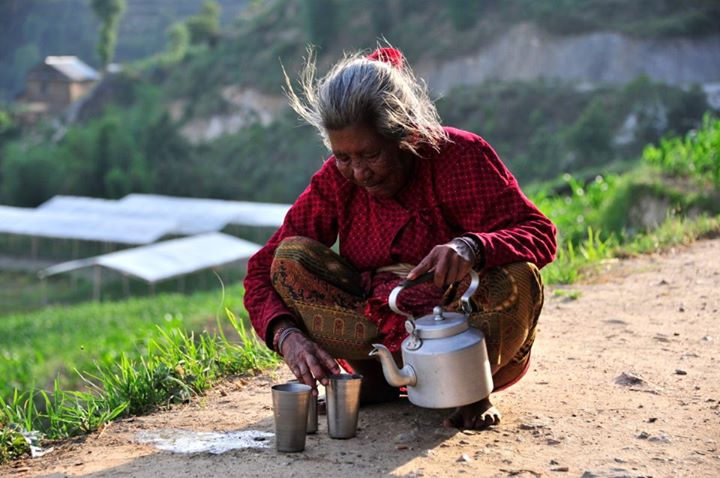
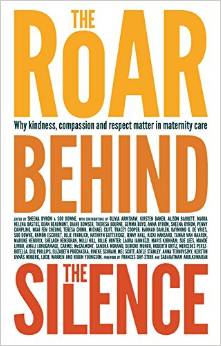
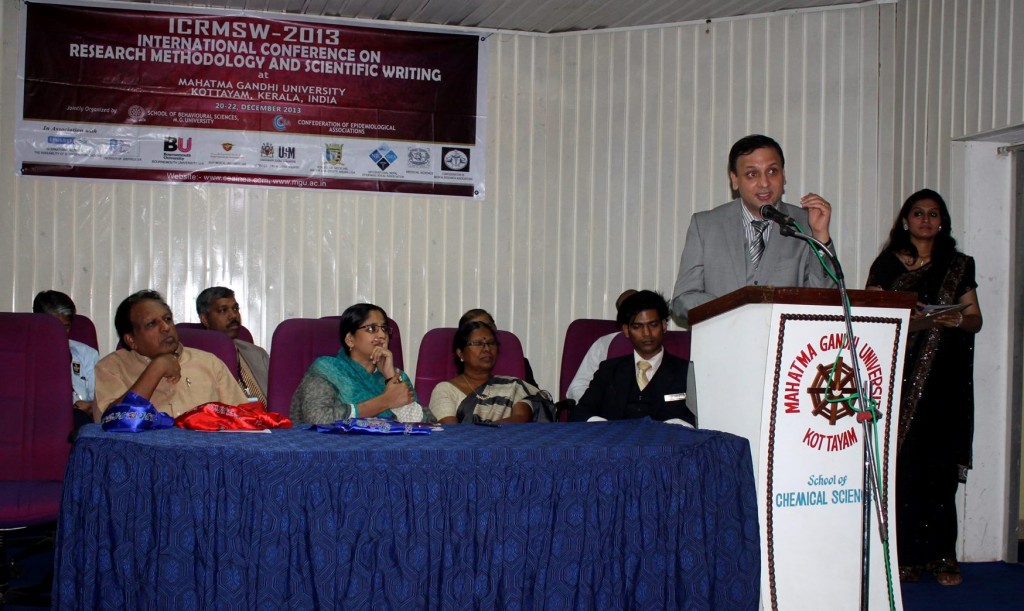
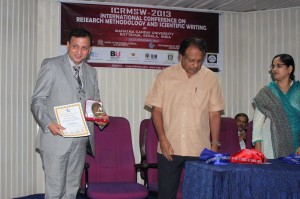
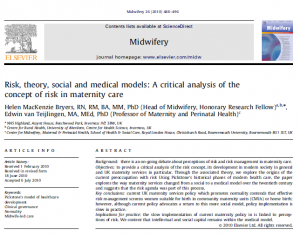












 Expand Your Impact: Collaboration and Networking Workshops for Researchers
Expand Your Impact: Collaboration and Networking Workshops for Researchers Visiting Prof. Sujan Marahatta presenting at BU
Visiting Prof. Sujan Marahatta presenting at BU 3C Event: Research Culture, Community & Can you Guess Who? Thursday 26 March 1-2pm
3C Event: Research Culture, Community & Can you Guess Who? Thursday 26 March 1-2pm UKCGE Recognised Research Supervision Programme: Deadline Approaching
UKCGE Recognised Research Supervision Programme: Deadline Approaching ECR Funding Open Call: Research Culture & Community Grant – Apply now
ECR Funding Open Call: Research Culture & Community Grant – Apply now ECR Funding Open Call: Research Culture & Community Grant – Application Deadline Friday 12 December
ECR Funding Open Call: Research Culture & Community Grant – Application Deadline Friday 12 December MSCA Postdoctoral Fellowships 2025 Call
MSCA Postdoctoral Fellowships 2025 Call ERC Advanced Grant 2025 Webinar
ERC Advanced Grant 2025 Webinar Update on UKRO services
Update on UKRO services European research project exploring use of ‘virtual twins’ to better manage metabolic associated fatty liver disease
European research project exploring use of ‘virtual twins’ to better manage metabolic associated fatty liver disease
Explore our work, meet our partners, and find out how you can collaborate with us by clicking here! MIHERC is led by Sheffield Hallam University, with Bournemouth University as a key partner and the important funding coming from NIHR (National Institute for Health and Care Research) Maternity Challenge Initiative. The BU key academics are: Huseyin Dogan, Vanora Hundley, Edwin van Teijlingen, and Deniz Çetinkaya. Please share with all who may be interested.